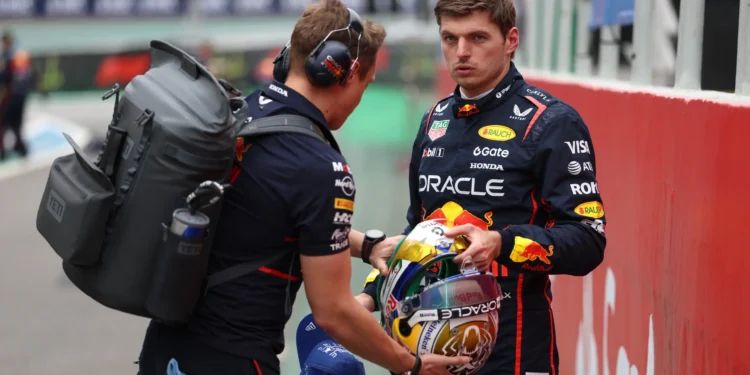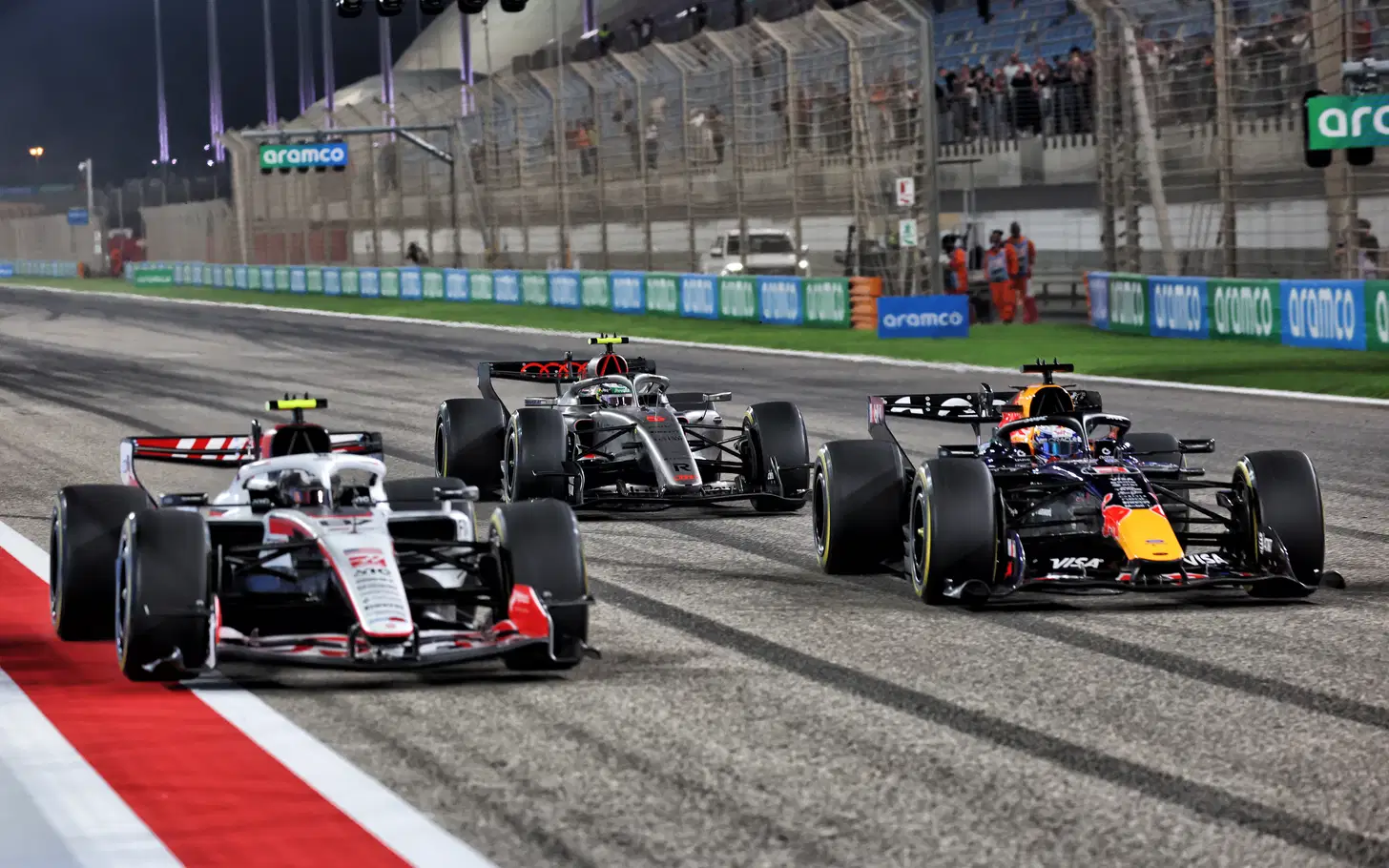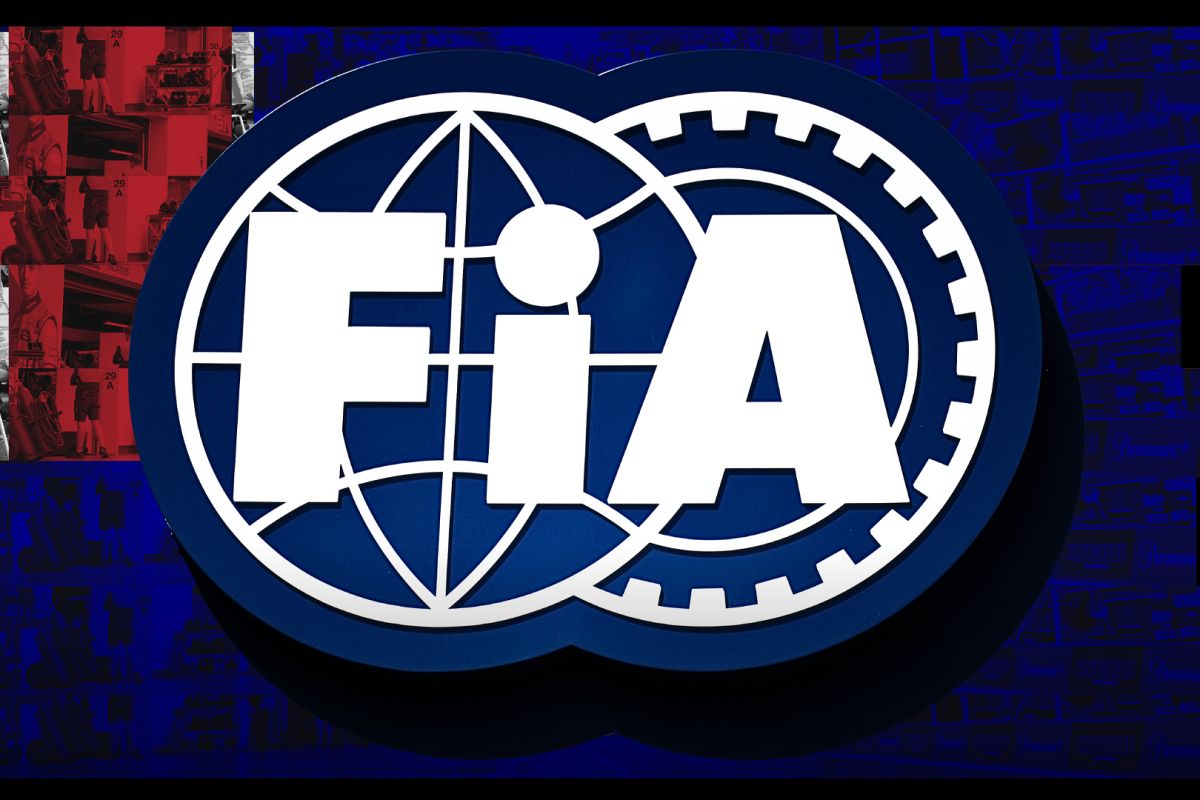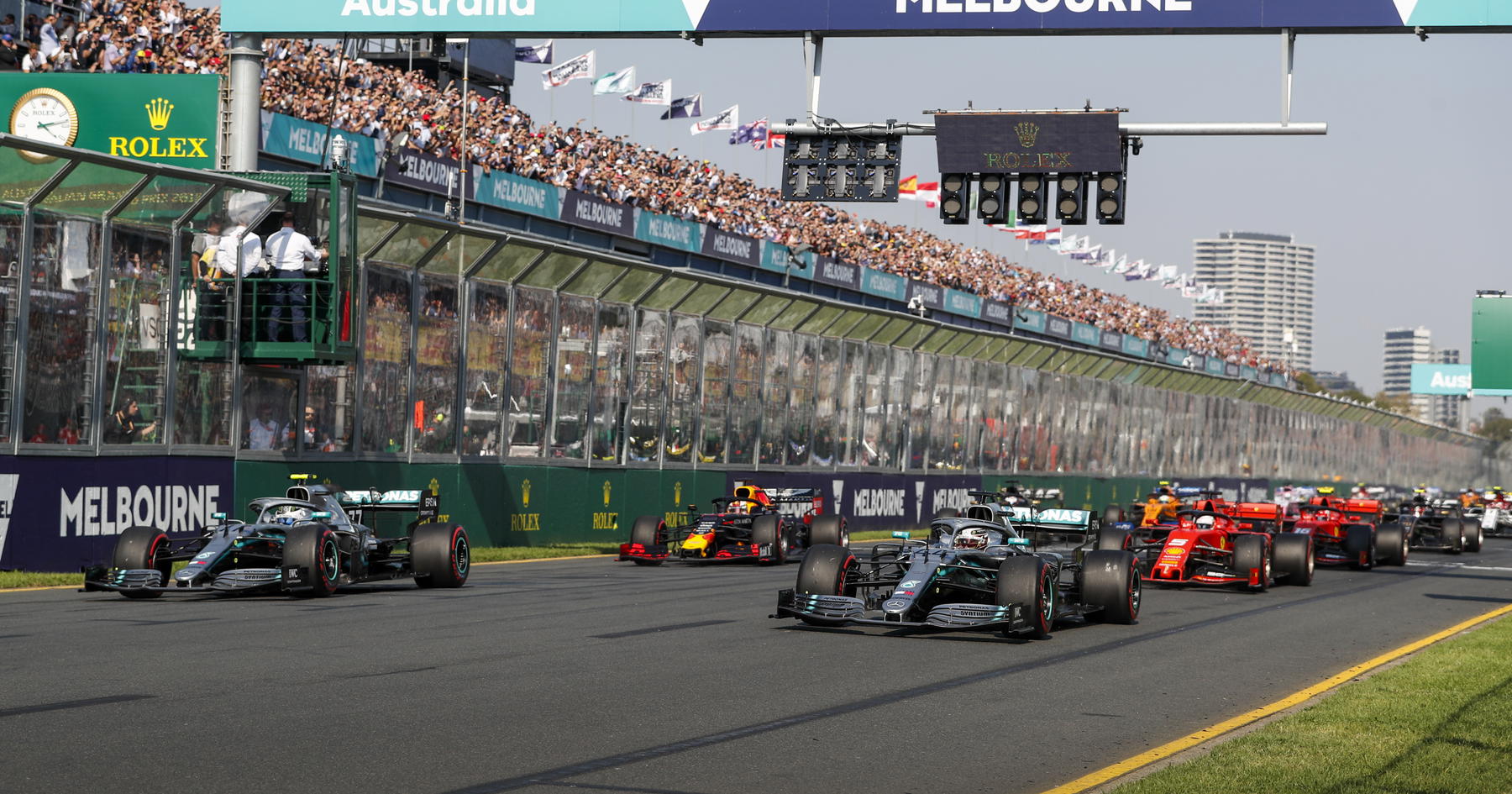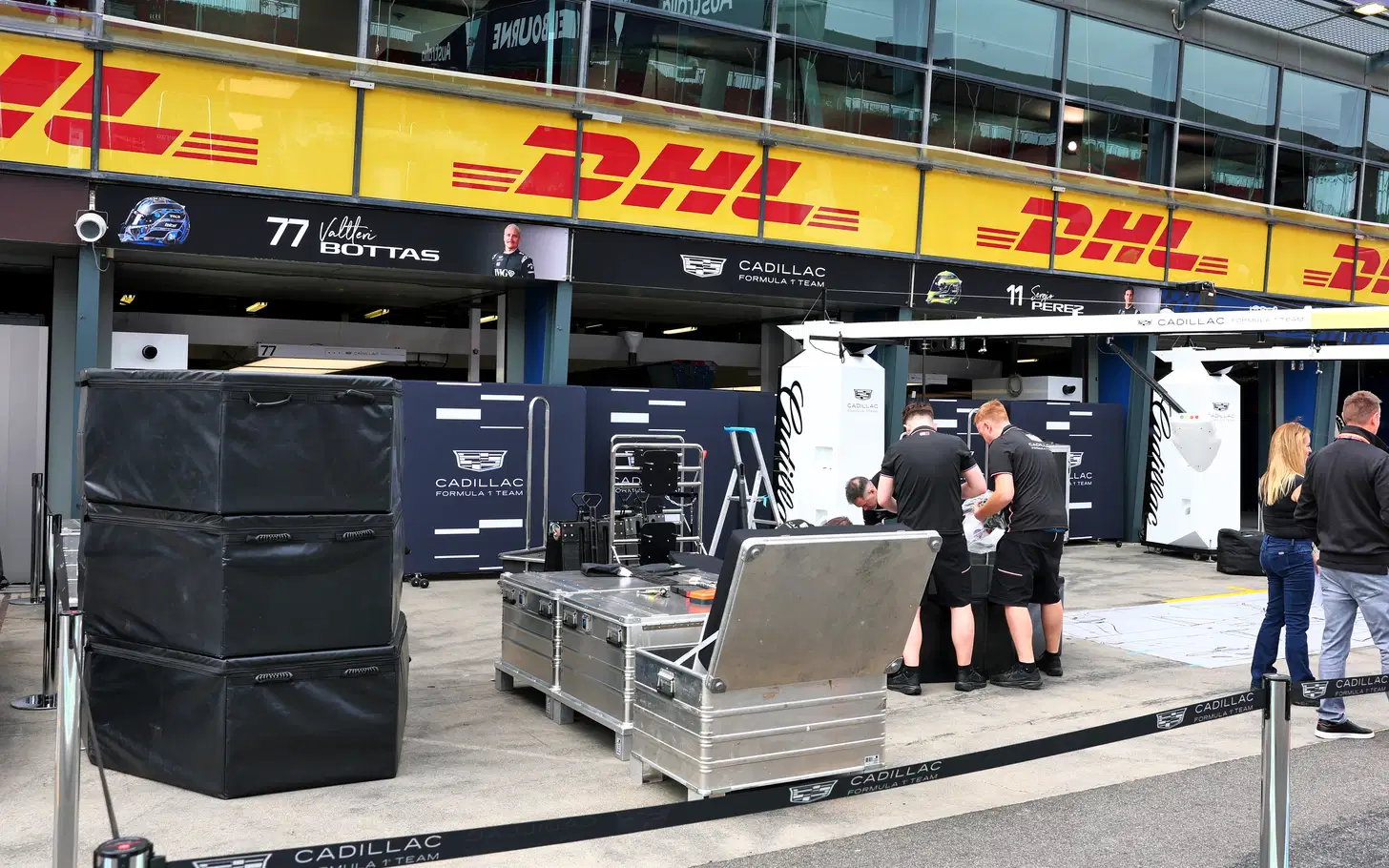Max Verstappen’s Radical Advice to Future Racers: “Forget the Go-Kart” — Why Simulators Could Be the New Path to Formula 1
Max Verstappen has delivered one of the most surprising and potentially divisive statements in modern motorsport – urging young racing hopefuls to skip the traditional go-kart ladder and instead invest in professional-level simulators if they truly want to build a career in racing. His comment, made during an appearance on the Pelas Pistas podcast alongside fellow F1 driver Gabriel Bortoleto, challenges decades of motorsport convention and could redefine how future champions are developed.
For as long as Formula 1 has existed, karting has been treated as the unquestionable foundation of racing. Nearly every F1 driver on the grid – past and present – began behind the wheel of a kart, racing from childhood, then graduating into junior formulae. Karting is considered the racing equivalent of grassroots football – a place to learn the fundamentals, develop instincts, and immerse yourself in the competitive environment of motorsport.
But Verstappen, a four-time world champion known for his analytical approach and relentless pursuit of performance, believes the landscape has changed. His message was direct and unapologetic:
> “Forget the go-kart. That’s the problem with our sport.”
Verstappen explained that the disconnect between karting and real car racing has grown so wide that countless young talents now spend years learning techniques that don’t necessarily apply to single-seaters. In football, he argues, “the ball doesn’t change” – but in racing, the difference between a kart and a car is like learning to play basketball before switching to tennis.
He elaborated that while karting teaches critical skills such as racecraft, defending, and overtaking, its driving dynamics are fundamentally opposite to what a driver needs in a modern racing car. In karting, the chassis is rigid, there is no suspension, and sliding the rear axle is necessary to generate rotation. In contrast, Formula cars rely heavily on grip, balance, and aerodynamic stability – traits that are not naturally developed in a kart.
> “A go-kart does not handle like a car. You sit differently, the physics are different, and the technique is different… In a kart you always have to slide the rear – but in a race car the rear needs to be planted. The whole driving dynamic is very different.”
Because of this, Verstappen believes that a simulator – especially a professional-grade setup – prepares young drivers more effectively. Unlike karting, simulators can replicate real-world car behavior, allow constant experimentation, and provide unlimited seat time without physical wear, travel expenses, or mechanical costs.
He emphasized that even his own driving benefits highly from sim work, revealing that he often spends spare time at home on his simulator, not as a hobby but as an essential training tool.
To be clear, Verstappen does not completely dismiss karting – he acknowledges it is great fun and a valuable tool for children. But as soon as a driver is old enough to progress, he argues the focus should shift.
> “Go-karting is fine, it’s very good to learn as a kid, but at one point that’s done and you need to move on.”
Interestingly, Verstappen admitted that he has not driven a kart since 2016, early in his Formula 1 career. Instead, when he wants additional racing experience, he prefers GT cars or extensive simulator work. He even hinted that he’d rather explore GT racing professionally than return to karting in any capacity.
> “I enjoy much more going out in a GT car or being on my simulator at home, preparing for F1.”
His comments come at a time when many young drivers and teams are already shifting toward simulation. With esports racing becoming more sophisticated and cost-effective, talented drivers like Rudy van Buren, James Baldwin, and Cem Bölükbaşı have built real racing careers from sim racing alone – something unthinkable a decade ago.
Verstappen’s view may also reflect larger issues with motorsport accessibility. Karting is notoriously expensive, especially at the international level. A season of high-level karting can cost over €200,000 – a barrier that prevents many talented drivers from progressing. In contrast, a top-tier simulator setup, while not cheap, is a fraction of that cost and can be used endlessly.
For young hopefuls without sponsors or wealthy backing, Verstappen’s advice could be game-changing. His message suggests that success in motorsport no longer needs to rely solely on early karting results and expensive travel commitments – instead, precision, practice, and virtual racing experience may soon matter just as much, if not more.
What remains to be seen is whether teams, academies, and motorsport governing bodies will embrace this shift. Will the next generation of F1 drivers come from sim racing programs rather than karting paddocks? Verstappen seems confident they will – and if his own career sets the standard, many will take that advice seriously.
Whether controversial or visionary, his comments have sparked a meaningful discussion about the future of motorsport, accessibility, and what it truly takes to become a world-class driver in the modern F1 era.
